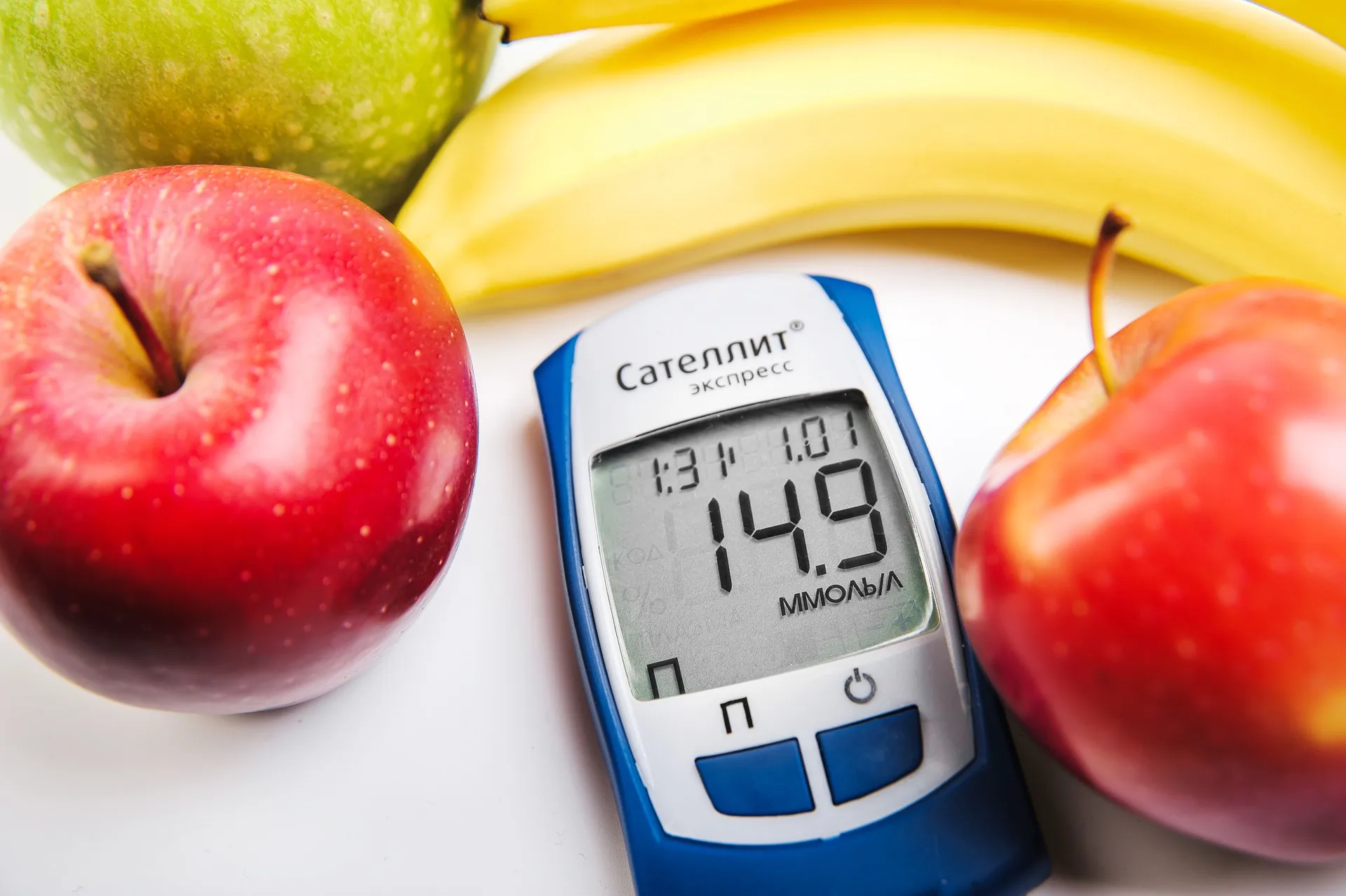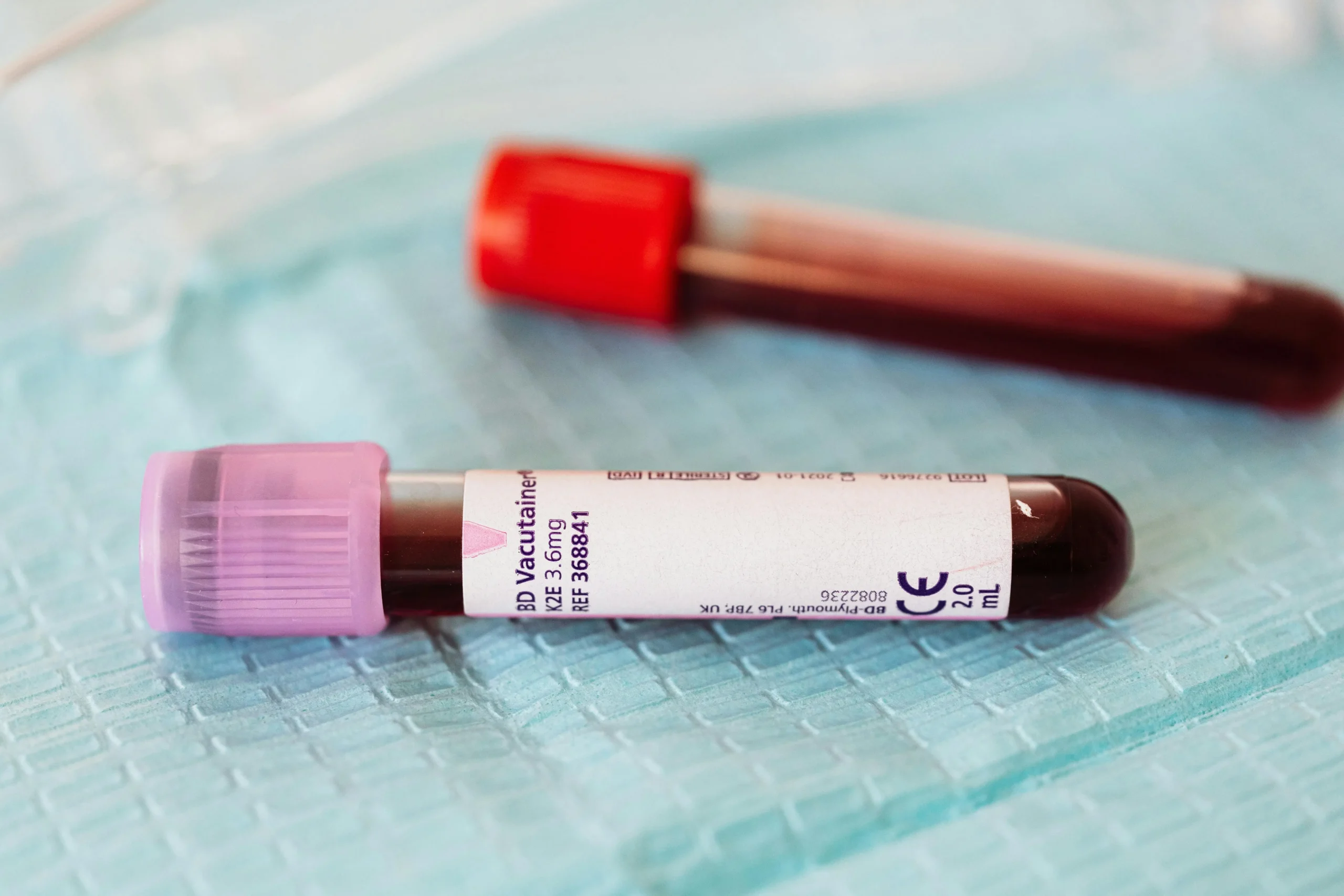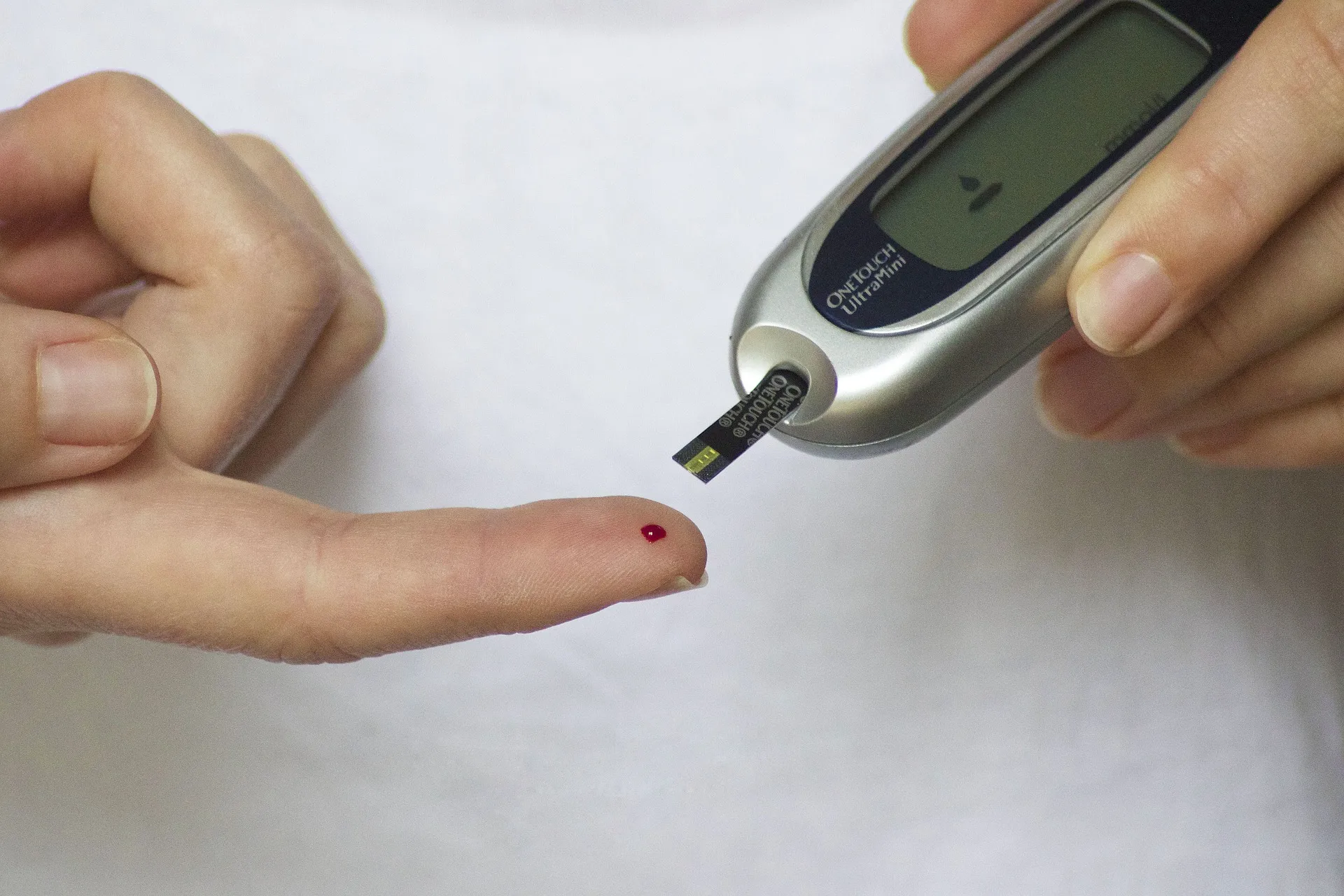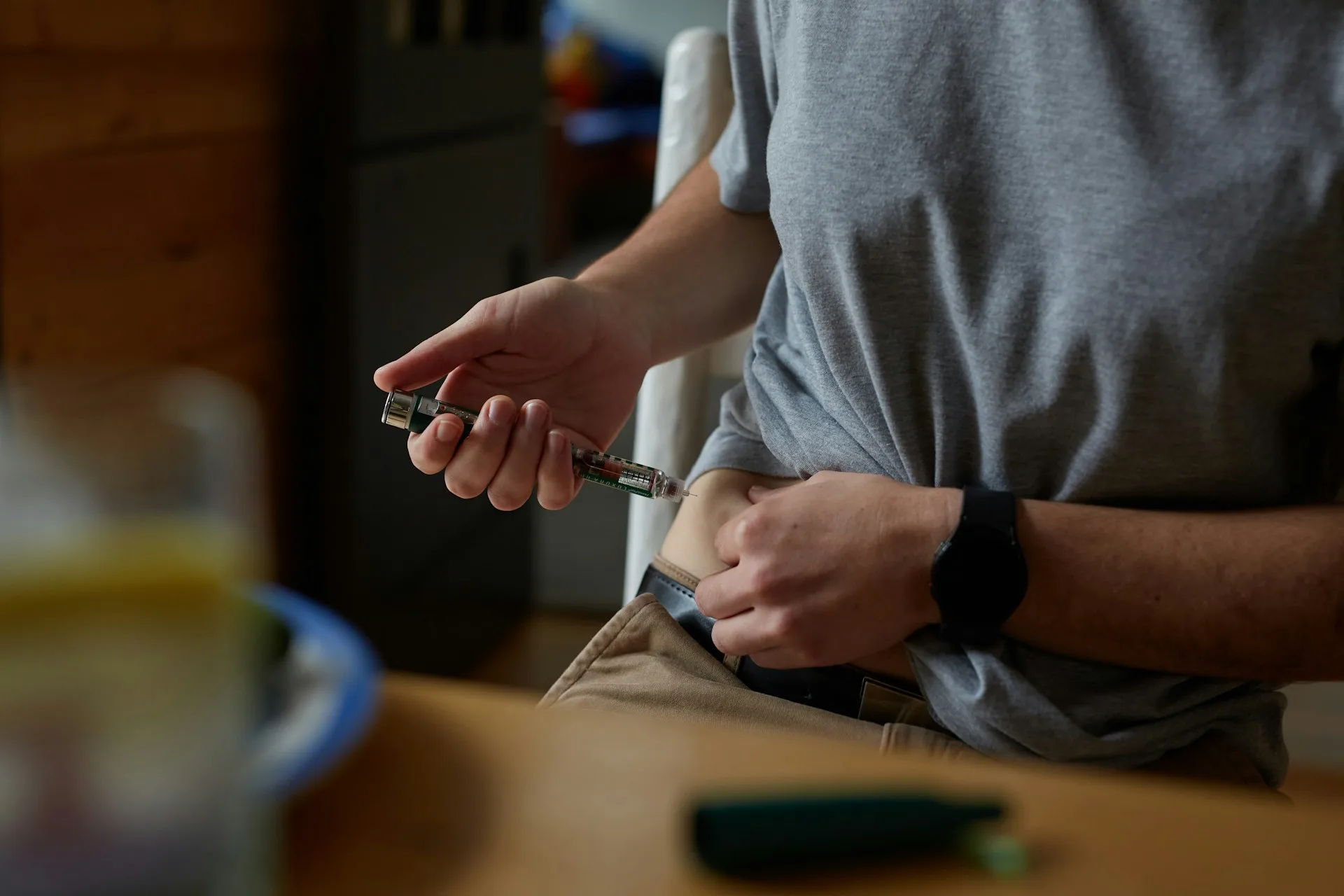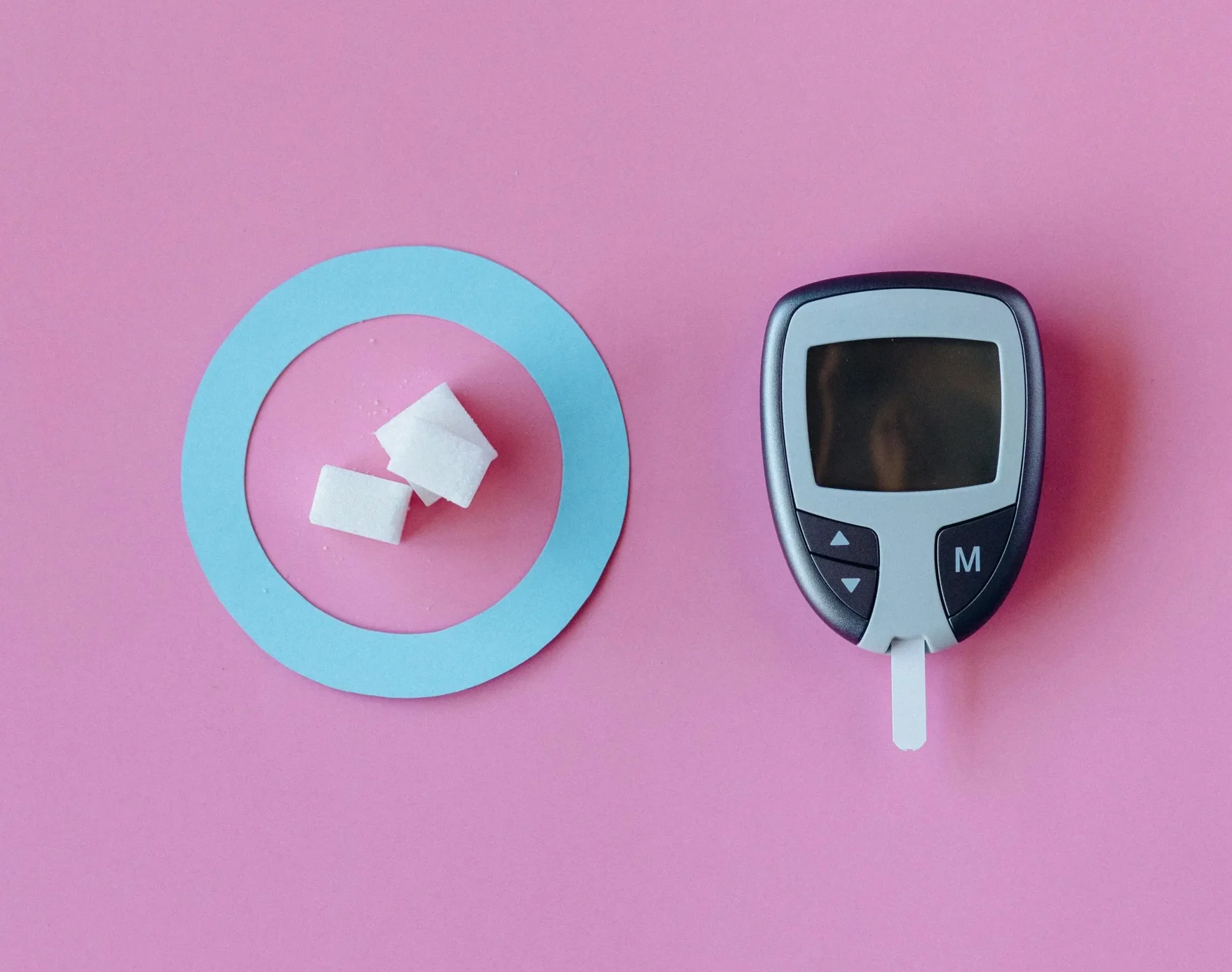Adequate sleep quality and quantity are essential for good overall health and well-being. Yet, unfavorable work schedules, social activities, lifestyles, and tech devices continuously affect how much and how well we sleep. Disturbances in sleep can contribute to hypertension, heart disease, depression, cancer, and diabetes.
Diabetes is a condition of high blood glucose (sugar) levels due to reduced insulin production or insulin resistance. Diabetes can be either type 1 or type 2. Type 1 diabetes is caused by reduced insulin production, while type 2 diabetes develops due to insulin resistance.
In this article, we’ll explore the complex two-sided relationship between sleep and diabetes. Insufficient sleep increases the chances of getting type 2 diabetes, worsens blood sugar control, and contributes to development of complications in all people with diabetes. On the other hand, the symptoms and complications of diabetes can negatively impact your sleep.
How does sleep affect diabetes?
Sleeping too little (less than 6 hours), sleeping too much (more than 9 hours), or poor sleep quality (marked by difficultly falling asleep, frequent night awakenings, and feeling unrested despite sleeping enough) can influence diabetes development and outcomes in different ways. The following are sleep issues and their associated diabetes-related outcomes.
- Longer awake-hours and a need to compensate for lower energy levels can contribute to excessive food intake and unhealthy food choices in people who sleep little. Excessive food intake increases a person’s risk of obesity, which is a risk factor for type 2 diabetes.
- Insufficient sleep also increases appetite by increasing the levels of ghrelin (the hunger hormone) and decreasing levels of leptin (the anti-hunger hormone). This may affect blood sugar control in people with diabetes.
- Sleep problems can cause (or worsen) insulin resistance and may reduce how much insulin your pancreas releases in response to glucose in the blood. This also increases the risk of getting type 2 diabetes and affects regulation of blood sugar in all people with diabetes.
- Insufficient sleep negatively influences attention, decision-making, planning, memory, and motivation. This affects insulin dose calculations, adherence to diabetes medications, and blood sugar monitoring.
- Inadequate sleep quantity and quality can reduce how often people with diabetes choose to engage in physical activity.
How does diabetes affect sleep?
Not all people with diabetes have poor sleep. But poorly controlled blood sugar levels cause symptoms and complications that reduce sleep quantity and quality. Diabetes-related issues that can affect sleep include:
- Hypoglycemia (low blood sugar levels). It typically happens when you inject more insulin than you need or as a side effect of certain diabetes medications. Symptoms of hypoglycemia that can affect sleep include seizures, sweating, shakiness, headache, and dizziness.
- Hyperglycemia (high blood sugar levels). It is associated with increased awakenings due to excessive nighttime urination and increased thirst. Hyperglycemia may be caused by missing diabetes medications, injecting little insulin, eating more carbs than recommended, or illness.
- Peripheral neuropathy. This is nerve damage in the feet, legs, and hands due to long-standing high blood sugar. Nerve damage can cause sharp pain, tingling, burning, and numbness in the affected parts.
What sleep disorders are associated with diabetes?
Other than diabetes symptoms and complications, separate sleep disorders can affect sleep in people with diabetes. These sleep disorders are more common in people with diabetes than in those without it. They include:
Obstructive sleep apnea (OSA)
This is a disorder in which recurrent narrowing or blockage of the throat during sleep causes brief pauses in someone’s breathing. Most times, people with OSA don’t notice the breathing problems when they sleep.
OSA is the most common sleep disorder in people with diabetes. About 52% of adults with type 1 diabetes and 55% to 86% of people with type 2 diabetes have the condition.
OSA is more common in people who are overweight or obese. People who have obesity have more fat tissue in the neck, which increases the chances of airway narrowing during sleep. OSA is also more common in males than females.
Common symptoms of OSA include snoring, daytime sleepiness, morning headaches and fatigue. A sleep specialist can do a test called polysomnography (sleep study) to diagnose the condition. Continuous positive airway pressure (CPAP) can be used to treat it. With CPAP, a breathing device forces air into your airway through a mask work over the mouth and/or nose.
Insomnia
Insomnia is a sleep disorder where someone has difficulty falling asleep or staying asleep. About 39% of people with type 2 diabetes have insomnia. The condition also affects those with type 1 diabetes.
Insomnia can cause daytime sleepiness, irritability, trouble concentrating, and depressed mood. A healthcare professional can help with diagnosing the condition, identifying the cause, and determining the best treatment plan for you.
Cognitive behavioral therapy (CBT) can be used to address your sleeping difficulties. If necessary, your doctor may also prescribe sleeping pills to help you sleep earlier or longer.
Restless legs syndrome (RLS)
RLS is a sleep disorder which is characterized by an irresistible urge to move the legs in response to tingling, aching, or other uncomfortable sensations in the legs. Even though RLS symptoms are similar to those of diabetic neuropathy, they are different conditions.
Besides diabetes, other risk factors for RLS include low iron levels, kidney disease, celiac disease and Parkinson’s disease.
Regular exercise and quitting smoking can help to relieve the symptoms of RLS. A doctor may also prescribe certain medications to treat the disorder.
How can people with diabetes get better sleep?
Experts recommend that adults get 7–9 hours of quality sleep every night. Getting a good night’s rest is essential for maintaining stable blood sugar levels and improving overall health.
Some tips to help you improve your sleep are:
- Avoid screens (phones, tablets, laptops, TVs) for at least 30 minutes before bedtime.
- Avoid caffeine, alcohol, and heavy meals close to bedtime.
- Keep your bedroom dark, quiet, and cool. Use blackout curtains, earplugs, or white noise machines if necessary.
- Go to bed and wake up at the same time every day. A consistent routine regulates your internal clock, making it easier to fall asleep and wake up naturally.
- Use a sleep tracker or maintain a sleep journal to identify sleep patterns or problems.
- Avoid napping late in the day and limit daytime naps to 20–30 minutes if you must have them.
- Practice relaxation techniques like meditation, deep breathing, or yoga to help you relieve stress before you sleep.
- Get regular physical activity during the day, but avoid vigorous exercise within a few hours of bedtime.
- If possible, get a comfortable mattress, pillow, and covers.
- If you experience persistent sleep issues or daytime symptoms caused by poor sleep, seek help from a healthcare professional.
The takeaway
The relationship between sleep and diabetes is two-sided. Poor sleep can affect blood sugar levels, insulin sensitivity, and appetite regulation, increasing the risk of complications. Prioritizing good sleep hygiene, such as maintaining a regular sleep schedule and creating a restful environment, can improve diabetes control.
Diabetes can also worsen sleep quality and quantity. If sleep issues persist, seek help from a healthcare provider. By addressing sleep, you take an important step toward better diabetes management and improved well-being.


